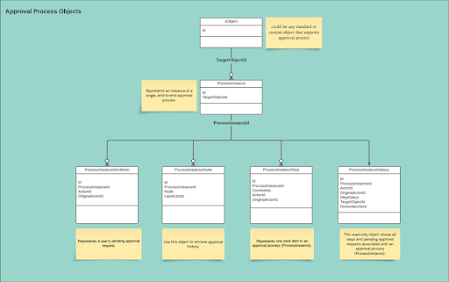Comparing Salesforce Administrators and Developers: An Infographic Guide
To gain a better understanding of both roles and the opportunities they offer, a group of new Salesforce users from the SFB team embarked on a quest to learn more. To present this information in an easy-to-digest format, they decided to create an infographic to help newcomers comprehend the distinct personas of Salesforce Administrators and Developers.
Who are Salesforce Administrators and Developers and what sets them apart?
Salesforce Administrators and Developers are both key roles in the Salesforce ecosystem, but they have distinct responsibilities and skill sets. Administrators focus on configuring and managing the Salesforce platform, including user accounts, data management, and security. Developers, on the other hand, use programming skills to build custom solutions, automate processes, and enhance the functionality of the platform. While there may be some overlap between the two roles, they generally have different expertise and focus areas.
A brief summary:
|
Salesforce
Admin |
Salesforce
Developer |
|
Focus
on configuration and management of the Salesforce platform |
Focus
on customizing and developing solutions for the Salesforce platform |
|
Responsibilities
include: managing users, data, and security; setting up processes and
workflows |
Responsibilities
include: writing code, automating processes, and enhancing platform
functionality |
|
Typically
have skills in: Salesforce setup, data management, security administration,
process design |
Typically
have skills in: Programming languages such as Apex, Visualforce, and
JavaScript; software development methodologies |
|
May
have some coding skills, but programming is not their primary focus |
Have
a strong programming background and expertise in writing code |
|
Head
of CRM | Business Analyst | Functional Salesforce Consultant | Solution
Architect |
Solution
Architect | Technical Architect | Technical Salesforce Consultant |
Note: This is a general representation and there may be some
overlap between the two roles, depending on the organization and the specific
job requirements.
"Certification Path for Salesforce Administrators and Developers"


.png)

.webp)
Comments
Post a Comment